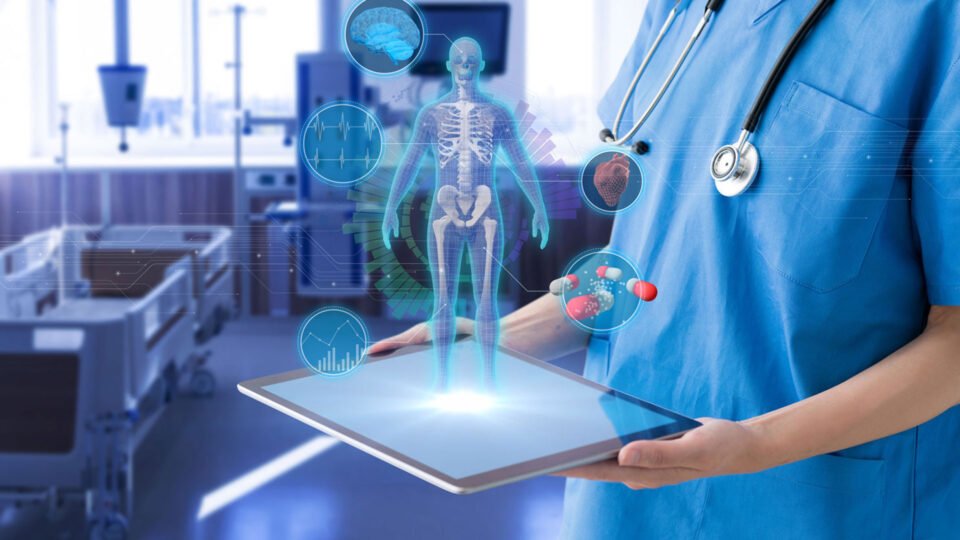Results Will Unveil Advancements Aimed to Help Fight this Deadly Disease
BERG, the clinical stage biotech that employs patient biology and artificial intelligence (AI) to research diseases and develop innovative treatments, today announced their participation at the Society for Neuroscience (SfN) Annual Meeting from November 8-11, 2021. At the event, the company will highlight their ongoing research into interventions targeting Huntington’s Disease (HD). Using small molecules to modulate the activity of the Ubiquitin E2 enzyme UBE2K, BERG scientists discovered that they could potentially diminish the negative effects associated with incorrectly folded proteins in HD patient derived cells and improve their survival in a cell culture model. The presentation was available for preview starting November 3, 2021.
“Once the symptoms of Huntington’s Disease start, they keep getting worse and eventually cause death in 10 to 20 years. At BERG, we are committed to help change this statistic, and increase the chances of finding new treatments for this devastating neurodegenerative disorder,” said Dr. Niven R. Narain, BERG Co-founder, President and Chief Executive Officer. “Defining new ways to target the biology of this disease is a critical step towards the advancement of slowing or stopping this fatal illness.”
Huntington’s disease (HD) is an inherited disease that causes increasing motor dysfunction, psychiatric disturbances and ultimately death. Affecting approximately one in every 10,000 people; there are nearly 30,000 in United States who have HD, and 200,000 more are at-risk. Typically starting in someone’s 30s or 40s, the first symptoms of HD may be mild or sporadic, but as time goes on, symptoms will become more severe. Current available treatments can only help minimize or modify symptoms. There is no cure.
“The ability to target the central mechanisms at play in Huntington’s Disease could provide an important new path forward for mitigating the outcome of this deadly brain disorder, and thereby, help provide meaningful improvements in the lives of patients around the world,” said Eric Nestler, MD, PhD, Nash Family Professor of Neuroscience and Director of the Friedman Brain Institute of the Icahn School of Medicine at Mount Sinai and a Director of BERG.
Details of the BERG presentation:
| Presentation Title | Poster Display Session Number | Presenters | On-DemandE-Poster Display Dates |
| Pharmacological modulation of UBE2K mitigates toxicity in Huntington’s Disease patient-derived fibroblasts | P275.07 | Kenneth M. Rosen, Jyoti Ranjan, Alex S. Rebello, Chloe S. Lee, Vivek K. Vishnudas, Niven R. Narain, Stephane Gesta, Rangaprasad Sarangarajan | November 8-11, 2021 |
The BERG Presentation is currently available for preview to registered Virtual Exhibit attendees online.
For more such updates and perspectives around Digital Innovation, IoT, Data Infrastructure, AI & Cybersecurity, go to AI-Techpark.com.

